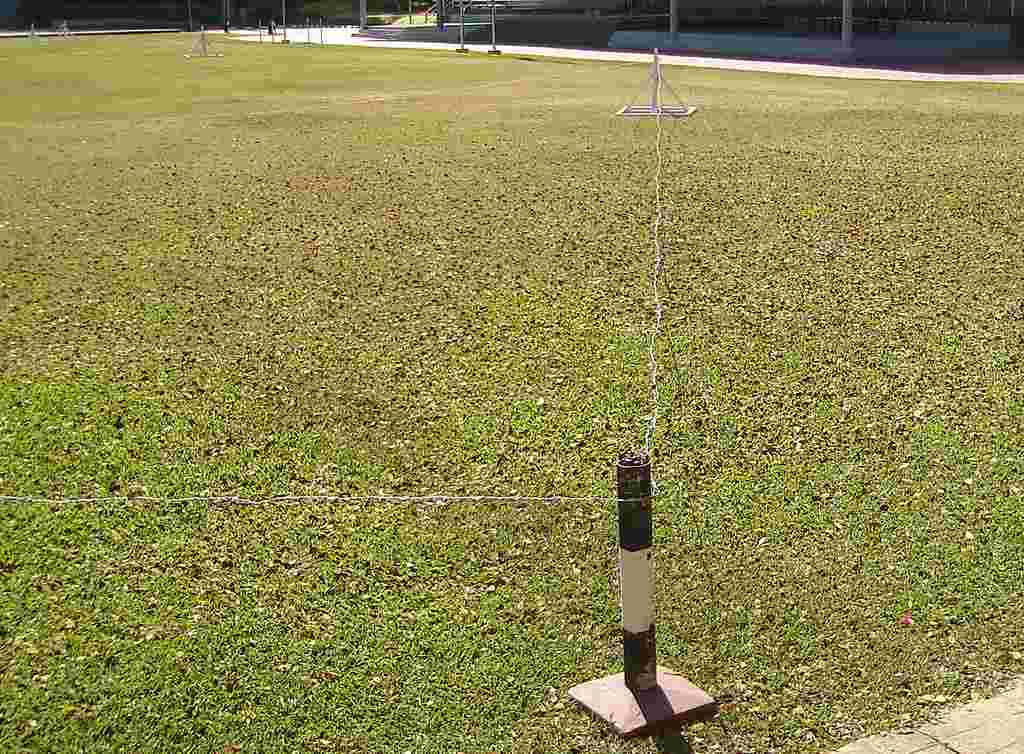There is no planning to eradicate poverty in Sabah
How can there be planning when the BN does not admit there is any
poverty in Sabah that needs to be addressed?
All budgets and plannings assume that Sabah is not that poor, so no
money for Sabah lah!!!
We need world bodies to wake us all up. Even these world bodies are
just damn stupid. It is not projects and reduction of corruptions in
Sabah etc that will eradicate poverty, but JUST GIVE US BACK OUR
MONEY. There were rampant corruptions in SAbah in 1970s and yet Sabah
was among the richest in the world, even without any oil revenue. Now
even with oil resources, oil palm resources, timber resources, Sabah
is still the poorest. Why not if all oil and gas revenue is taken to
Malaya, oil and timber resources are taxed more than 60% by the
federal governments, and most of high paying workers are also from
Malaya.
Even this idiotic professor forgot that SArawak has less
infrastructure than Sabah and yet the World Bank didn't consider
Sarawak as poorer than Sabah. This proves one thing very clearly.
There is a massive outflow of resources out of Sabah to Malaya without
it even being brought back to Sabah. Unlike Sarawak.
The worst thing is that, the Malaysian(Malayan) government does not
even acknowledge that there is that much poverty in Sabah. Keep on
saying that Kelantan is poorer.
Those of you who believe in this BN lies, just go and visit Kelantan
with an open mind, and compare Kelantan with SAbah. Just don't assume
that all these poor places are filipinoes. Many of my inlaws stay in
these places with the immigrants and inter marrying with them.
http://www.dailyexpress.com.my/news.cfm?NewsID=75898
Sabah poverty not stated in 10MP report: Scholar
Published on: Friday, November 19, 2010
Email to a friend Printer Friendly
Kudat: The Tenth Malaysia Plan or RMK-10 (2011-2015) does not indicate
that Sabah has the highest poverty rate.
UKM's Head of the International Relations Division, Centre for Public
and International Relations, Prof. Dr Junaenah Sulehan, said there was
nowehere in the RMK-10 report that said Sabah had the highest poverty
rate.
"That was in the Ninth Malaysia Plan or RMK-9 (2006-2010).
But in the RMK-10, the way they say it, it does not indicate that
Sabah has the highest poverty rate. Because how they count poverty now
is very different," she said.
Prof Dr Junaenah was speaking to Daily Express after presenting her
paper on "Women Empowerment for Sustainable Development" at the
Conference on Women of Substance, a prelude to the State-level Women's
Day celebration, recently.
The Ninth Malaysia Plan registered Sabah's poverty rate at 23pc, which
is relatively high compared with other states.
"It's not just Sabah. No, there are other poor states as well like the
state where I come from (Sarawak). You must understand how they
measure poverty.
"Poverty can be measured by two tools - one is based on income and the
other on aspects like nutrition, health, security and others. RMK-9
has its index on how they calculate the poverty rate. So, basically,
it is based on income.
"But again, you must understand that income is relative which means
people in the rural areas may not have income like what we are having
- a monthly income.
"So, whatever the rural people produce for their food is counted as
income."
From her observation, many factors contribute to Sabah's high poverty
percentage.
"To me, like Sarawak, it is attributed to geographical and distance
factors.
So, when you are very faraway, how can you channel development
programmes?" she asked.
"When I say far, I mean remote areas and some of them are pockets
(small, isolated areas).
"To reach one village and then go to another village, you have to
travel by sampan or boat. That's what I mean."
Prof Dr Junaenah added that the geographical landscape in Sabah and
Sarawak is not the same as that in Semenanjung.
"That's one. I can tell you the simplest factor for poverty.
The term we use in sociology is structural problem.
"When you say structural problem, for a lay person's understanding, it
means institution (that is, an established practice or custom).
"Here, we can say government agency, enforcement and the like.
Is there any co-ordination? Is there co-operation? What we see in this
issue is that in managing our bureaucracy, we always have this
tindaklapis (duplication).
"Yes, we have co-operation but we have no co-ordination.
The Jabatan (Department) co-operate. For example, the Pertanian bagi
funding (Agriculture giving funding), Welfare bagi (giving) funding,
ada e-Kasih (there is e-Kasih).
"But in the end, it doesn't trickle down to the grassroots.
Why? Because each is waiting for the other to act," she contended,
adding that structural problem also relates to political institution.













No comments:
Post a Comment